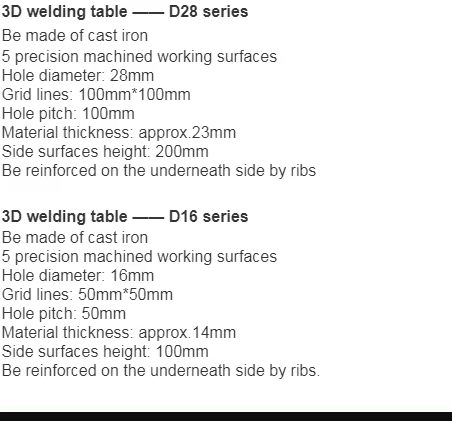Aug . 12, 2024 14:30 Back to list
Understanding the Pressure Dynamics of Water Valve Systems for Optimal Performance and Efficiency
Understanding Water Valve Pressure Importance and Applications
Water valves are integral components in plumbing and fluid control systems. They manage the flow and pressure of water in various applications, from residential plumbing to industrial processes. One critical aspect of these systems is the pressure of water valves. Understanding water valve pressure is essential for ensuring optimal operation, efficiency, and safety in fluid distribution networks.
What is Water Valve Pressure?
Water valve pressure refers to the force exerted by water within a valve system. This pressure can be affected by several factors, including the design and size of the valve, the flow rate of water, and external conditions such as temperature and elevation. In general, proper management of water valve pressure is crucial for maintaining the integrity of plumbing systems and preventing breakdowns.
The Mechanisms of Pressure Control
Water valves operate under various principles, and their function is closely linked to pressure management. Common types of water valves include gate valves, globe valves, ball valves, and check valves. Each type serves a specific purpose and has different characteristics regarding pressure handling.
1. Gate Valves These valves are primarily used for fully on or off control, meaning they either allow flow or completely block it. They are best suited for applications with low pressure because they can create turbulence and potentially damage water flow systems if mismatched.
2. Globe Valves Designed to throttle flow, globe valves are ideal for applications requiring precise pressure control. They provide higher resistance compared to gate valves, making them suitable for systems where flow rate adjustments are necessary.
3. Ball Valves Known for their durability and reliability, ball valves offer minimal pressure drop when fully open. They are used in various settings, including residential and industrial applications, due to their efficiency in controlling flow rates.
water valve pressure

4. Check Valves These are designed to prevent backflow in the system. Check valves rely on the pressure of the water to close or open, ensuring that the flow goes in one direction and maintaining system integrity.
Importance of Maintaining Proper Pressure
Maintaining appropriate water valve pressure is critical for several reasons
- Preventing Damage Excessive pressure can lead to valve failure, pipe bursts, and leaks, posing significant safety hazards and repair costs.
- Efficiency Proper pressure ensures that water flows efficiently through systems, reducing energy consumption and operational costs.
- System Longevity Maintaining optimal pressure extends the lifespan of valves and other components within a plumbing system, reducing the need for frequent replacements.
- Regulatory Compliance Many regions have regulations governing water pressure standards to ensure public safety and water conservation. Adhering to these standards helps systems maintain compliance and avoid potential fines.
Conclusion
In summary, understanding water valve pressure is key to managing water systems effectively. Whether in home plumbing or large-scale industrial applications, proper pressure management can lead to improved efficiency, safety, and longevity of the system. By selecting the appropriate type of valve and maintaining the correct pressure levels, users can ensure optimal performance from their water distribution networks. Proper education and awareness of the dynamics of water valve pressure can empower individuals and organizations to make informed decisions that ultimately enhance their water-related operations.
-
thread-plug-gauge-our-promise-of-measurement-excellenceNewsAug.22,2025
-
gauge-pin-class-reflecting-quality-legacyNewsAug.22,2025
-
check-valve-types-for-high-rise-buildingsNewsAug.22,2025
-
water-control-valve-for-irrigation-systemsNewsAug.22,2025
-
gate-valve-with-soft-seal-technologyNewsAug.22,2025
-
y-type-strainer-for-oil-and-gas-applicationsNewsAug.22,2025
Related PRODUCTS









